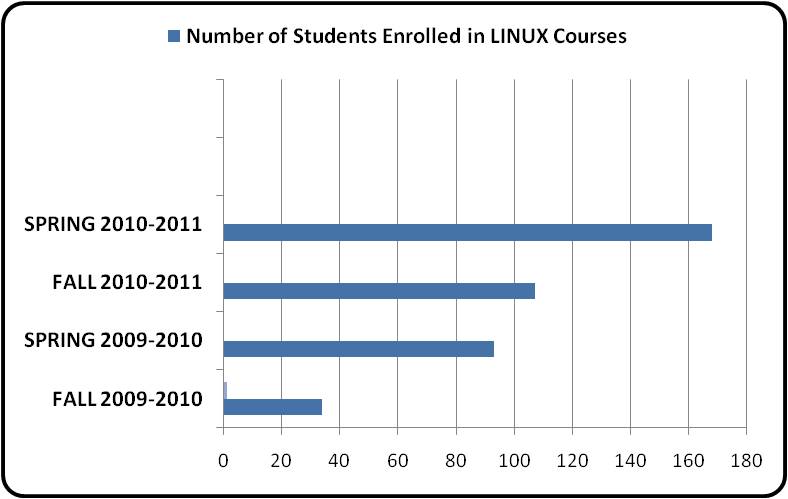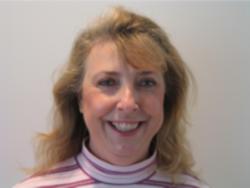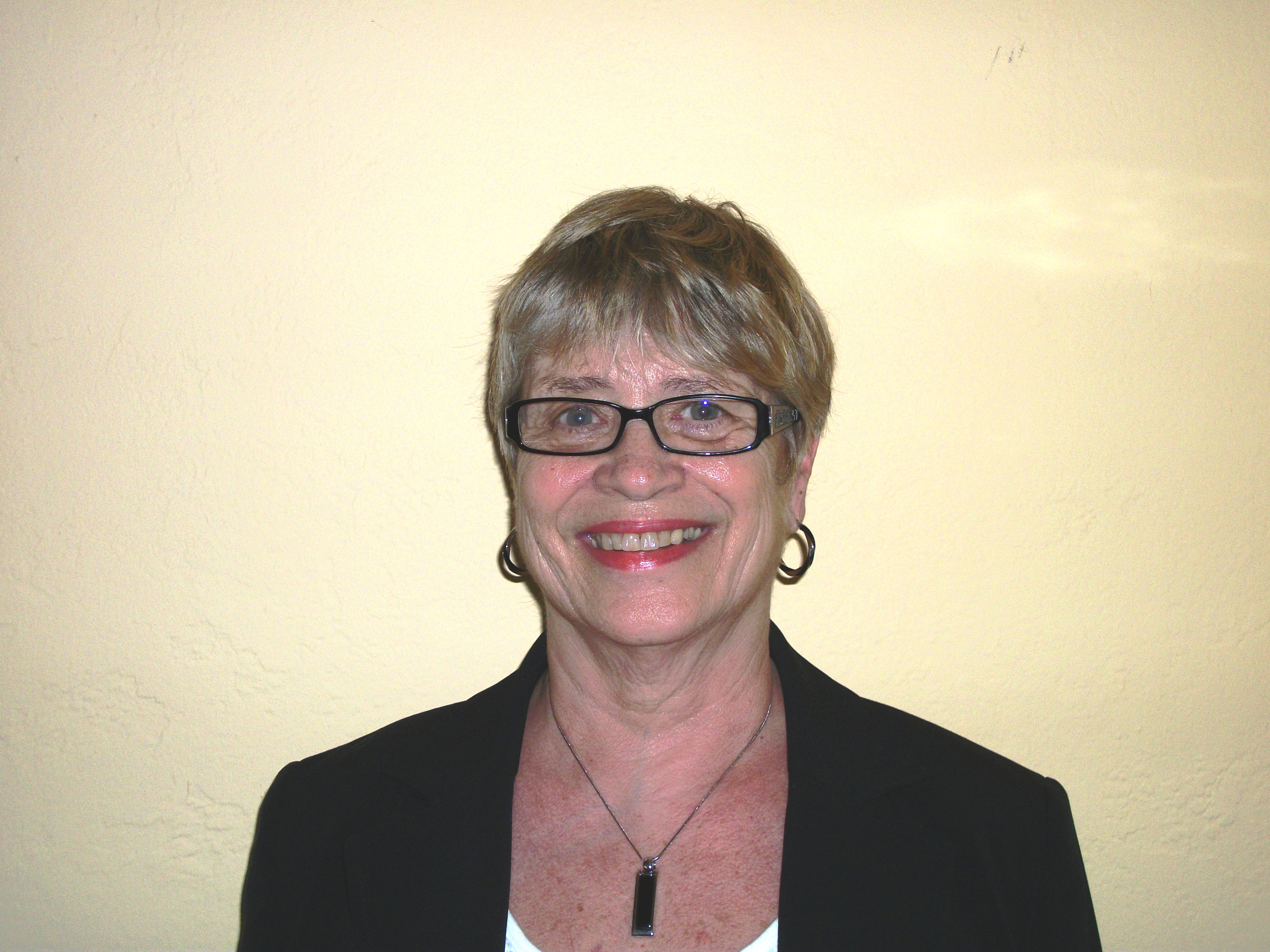By KIMBERLY ROSS
Whether you are a kinesthetic (learn by touch), auditory or visual learner, the environment in which you learn plays a large part in your success.
As with every choice in life, there are pros and cons. Some students like learning face-to-face, while others prefer the hands-on approach. For convenience, some prefer to learn from the comforts of their own home, so online classes are best suited for them. Whatever the choice, it is important to examine all avenues carefully before making a decision.
 With busy schedules and multiple demands being placed on students and teachers daily, online classes are becoming a highly favored avenue of learning. For example, while students are away from campus, they can retrieve and submit assignments with ease. Instructors benefit also because the time taken to generate and review assignments can be shorter than if they were in the classroom.
With busy schedules and multiple demands being placed on students and teachers daily, online classes are becoming a highly favored avenue of learning. For example, while students are away from campus, they can retrieve and submit assignments with ease. Instructors benefit also because the time taken to generate and review assignments can be shorter than if they were in the classroom.
However, though this method of learning is more convenient and saves time, problems can arise. For example, random computer glitches can affect response time between students and teachers, thus preventing them from retrieving and submitting documents by a particular deadline.
Then there is classroom learning. Many who are intimidated by technology, or who are visual and kinesthetic learners, prefer this method, since students can interact directly with other students and teachers. It lends itself to a more personable atmosphere, since face-to-face interaction takes place. As a result, social skills are developed and there is room for effective dialog since students are face-to-face with other students and teachers.
Regardless of the method chosen, make sure it’s the right one for you.






